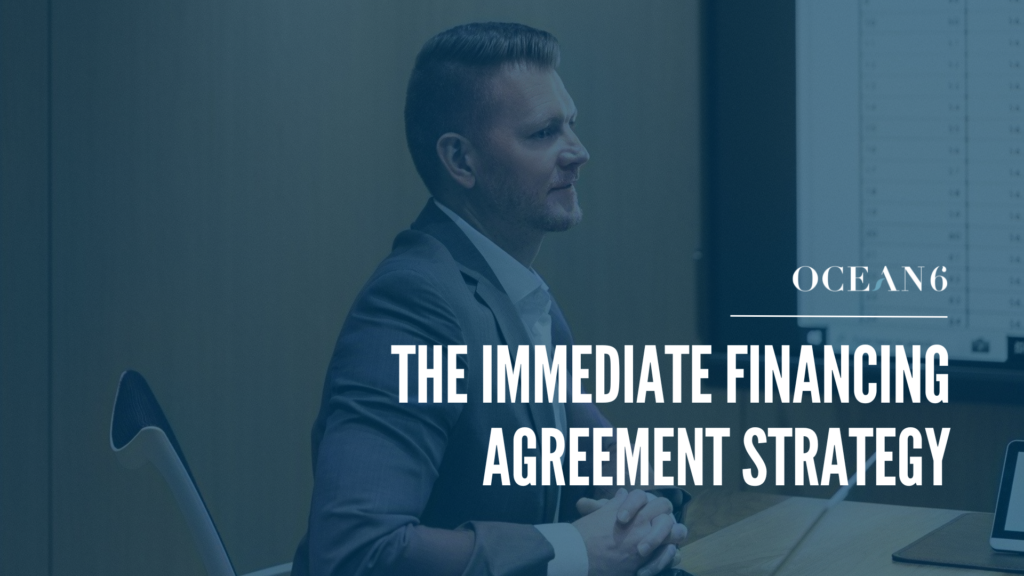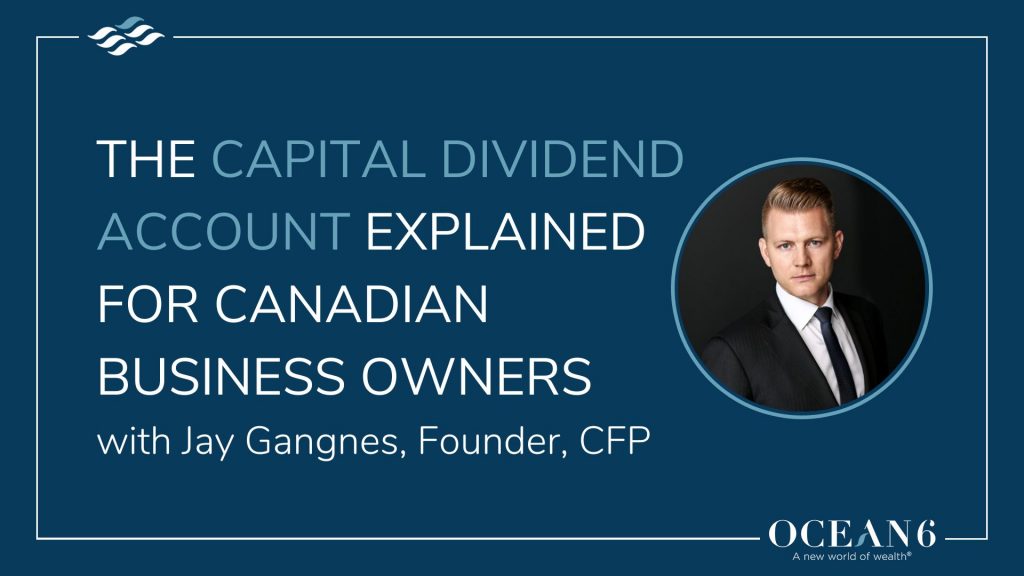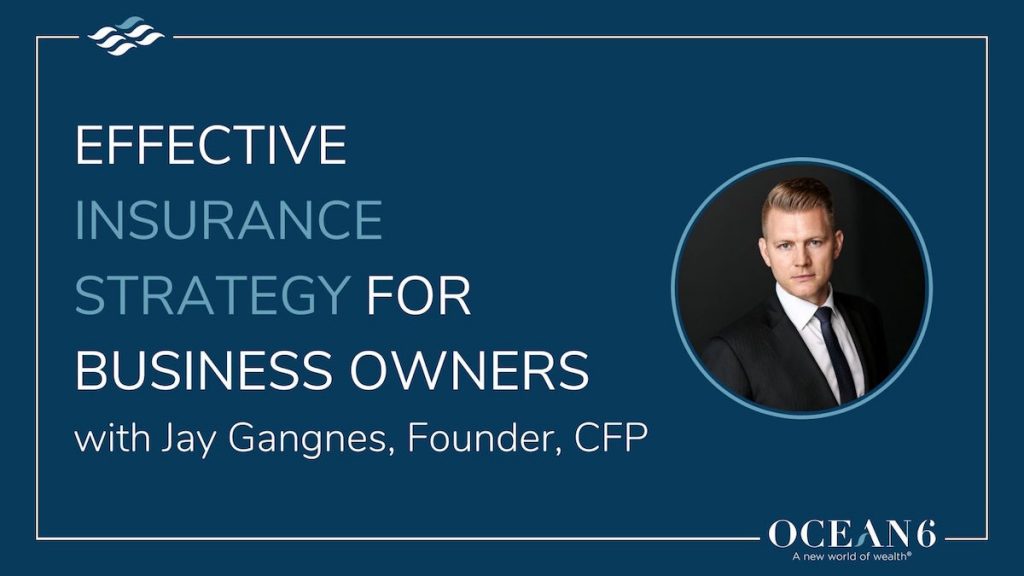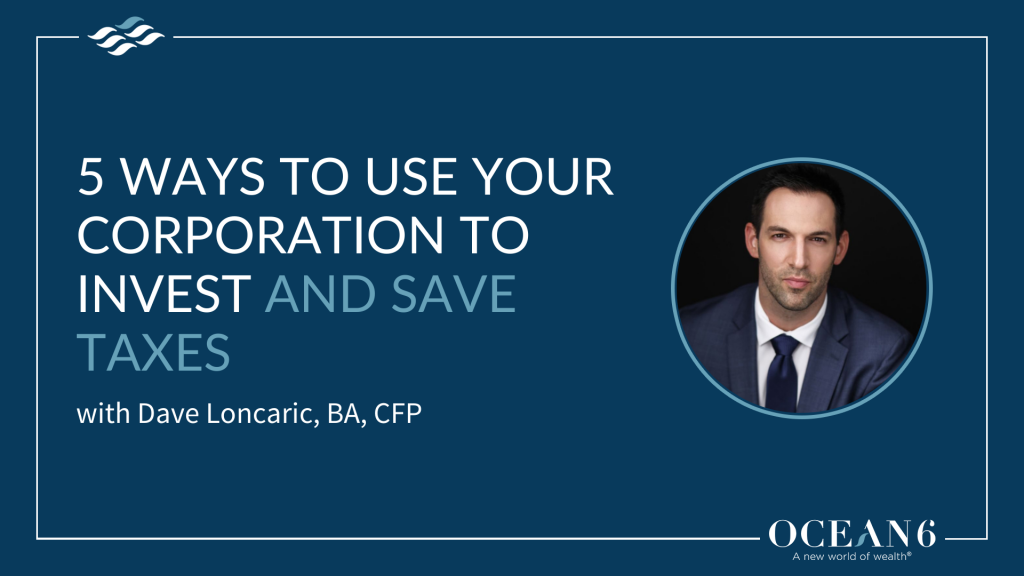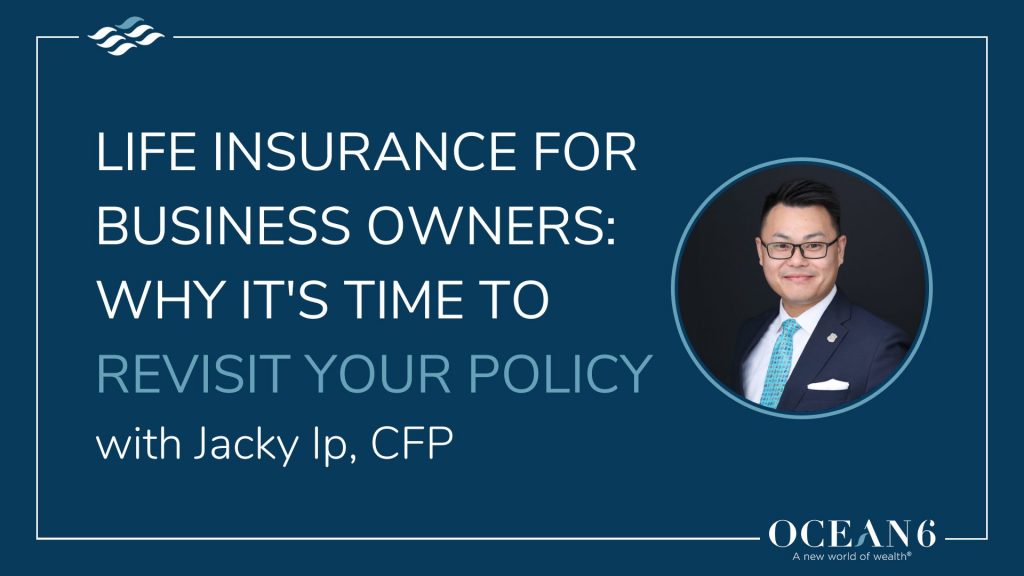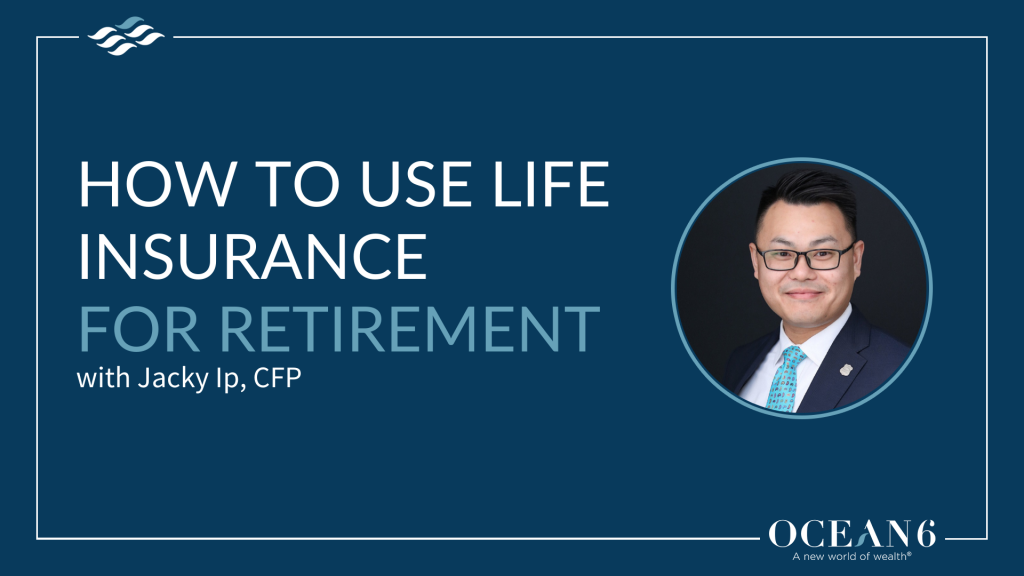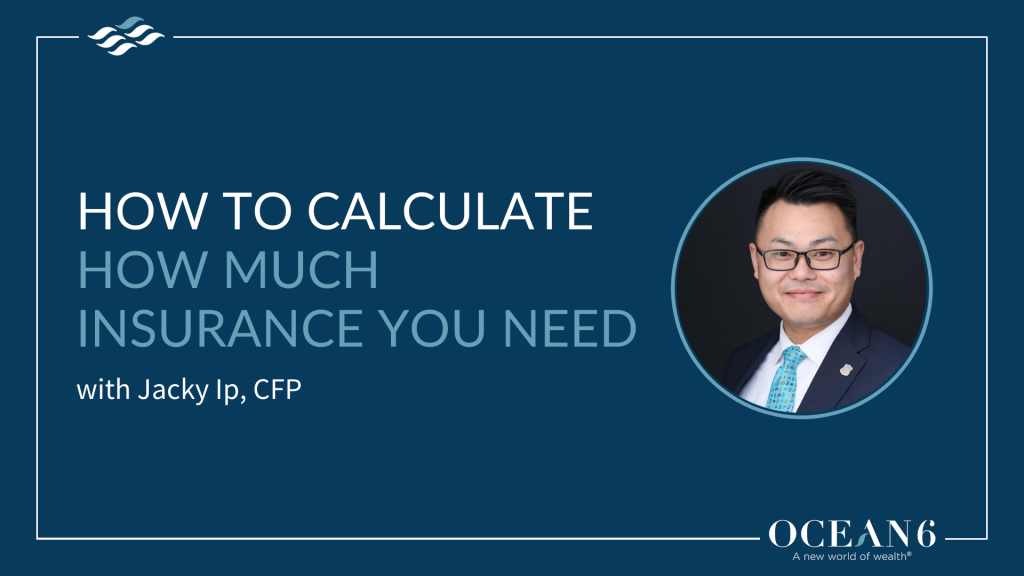Life insurance is not only beneficial when you pass away. It can be a valuable financial planning tool for when you’re alive.
As a business owner, your life insurance can be corporately or personally owned. To maximize your corporate structure, let’s get into the strategy and benefits of owning insurance inside of your corporation.
What is corporate-owned life insurance?
Corporate-owned life insurance can be used for saving tax, investing, funding buyout of shares, and estate planning.
It’s similar to personal life insurance, where you receive an insurance payout, but the setup is different and it provides additional advantages.
To properly set up life insurance inside your corporation, you want to name the corporation as the beneficiary, policy owner, and payor. The person insured is often a shareholder (can be yourself), but it can also be individuals with relationships to the shareholders.
Parties involved in a life insurance policy:
- Policy owner: the individual with full ownership and control over the insurance policy
- Insured: the individual whose life is insured by the insurance policy
- Beneficiary: the individual or organization who receives the insurance payout when the insured passes away
(How to tell if you have enough life insurance coverage? Calculate the right amount of insurance for you)
5 Benefits of Owning Life Insurance Inside Your Corporation:
1. Premiums are Paid with Dollars Taxed at a Lower Rate
Owning life insurance inside your corporation allows you to pay for the premiums using corporate dollars.
It’s much better than using after-tax personal dollars because corporate dollars have a lower tax rate. With the small business tax deduction, you’re taxed at 11% instead of your personal rate, which could be as high as 50%.
You’ll be able to keep more money in your own pockets to invest and grow.
(There are many corporate tax-saving strategies, make use of your corporation to save thousands in tax)
Buying insurance with corporate vs. personal dollars explained:
Personal dollars: Karen bought personal life insurance. She has an annual premium payment of $60,000 for her insurance. Her personal tax rate is 50%. She will need to earn at least $120,000 to make the payment.
Corporate dollars: Becky bought corporate-owned life insurance. She also has an annual premium payment of $60,000 for her insurance. Her corporate tax rate is 11%. She only needs to earn $66,600 to make the payment.
2. Tax-free Insurance Payouts
Nearly all corporately owned life insurance proceeds are paid out tax-free through the corporation’s capital dividend account.
To ensure tax-free insurance payouts, you must name the corporation as the beneficiary and the shareholder as the insured. That way, if you were to die tomorrow, your life insurance would be paid out to your corporation. And as the shareholder of your corporation, your family will be able to access the money tax-free.
3. Estate Equalization
When some beneficiaries have no interest in inheriting the business, a strategy called estate equalization splits up the estate evenly amongst beneficiaries using the payout from corporate-owned life insurance.
The beneficiaries who don’t want to run the business will receive an insurance payout of equal value to the business, while other beneficiaries inherit the business.
(If you haven’t thought about estate planning yet, we have 6 estate planning tips to help you jump into it)
Estate equalization explained:
A family-owned corporation forms majority of John’s estate. His estate includes multiple beneficiaries, such as his wife, son, and two daughters, some of whom have no interest in running the company.
Corporate-owned life insurance can ensure estate equalization for each beneficiary. Family members interested in taking over the business would receive their share of the estate in the business’ value. Those not interested in running the business would be compensated in an equivalent cash value with the payout from the life insurance.
4. Funding Buy/Sell Agreements
A Buy/Sell Agreement is a contract that protects the business from uncertainty if a shareholder leaves the business, passes away, or retires. It outlines how to transfer a shareholder’s shares if such events happen.
There are different ways to structure a Buy/Sell Agreement, but the outcome is to use the insurance payout to fund the Buy/Sell Agreement and buy out the shares of the deceased shareholder.
It saves you from using personal or business assets to buy out the shares.
Buy-Sell Agreement funded by a life insurance policy explained:
Karen and Becky each own 50% of a business together. Karen unexpectedly passes away, so her spouse receives her company shares. Now, Becky is in business with Karen’s spouse.
Like many cases, the surviving shareholder, Becky, is not interested in having the deceased partner’s family involved in the business. The same can go for the deceased shareholder’s family; they may not want to be in the business either.
This is where corporate-owned life insurance comes in handy. Becky can use the insurance death benefit to buy out the shares from Karen’s spouse. She’ll be able to retain 100% ownership of the business and run it as she pleases. On the other hand, Karen’s spouse can use the proceeds from selling the shares as they see fit.
There should always be documentation of the Buy/Sell Agreement process in the shareholders’ agreement to avoid confusion and potential conflict later on.
5. Tax-deferred Investments
You can use life insurance as an investment strategy. Investments inside corporately owned Universal Life or Whole Life insurance policies grow tax-deferred.
With a Universal Life policy, you can pick your own investments. If it’s a Whole Life policy, you invest in the insurance company and receive dividends.
You can use the money from these investments to supplement retirement income when you are ready to step away from running your business.
Setting Up Corporate-Owned Life Insurance
A lot goes into an effective corporate-owned life insurance strategy. It’s a complex matter that requires knowledge and experience from professionals.
There is no one size fits all; it depends on your own needs and financial situation. It is why it’s important to sit down with a financial planner that considers every aspect of your wealth and goals before integrating an insurance strategy.
If you’re a business owner and want to make the most of your corporation to get further ahead, book a call, we’d love to help.
